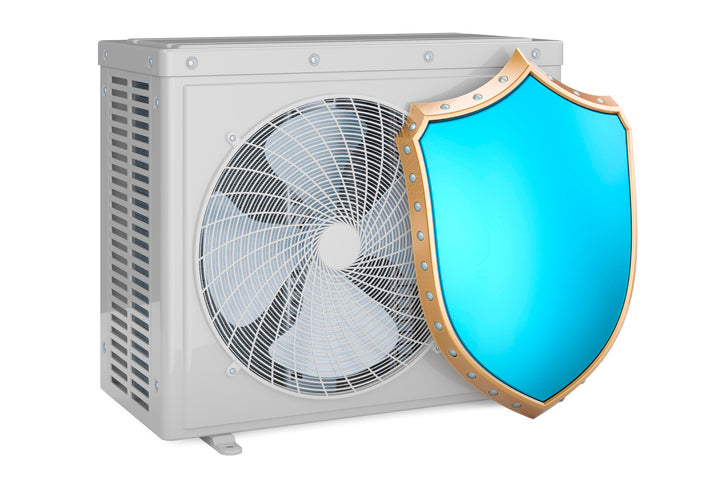Why Balanced Humidity Levels Matter in Your Home

Maintaining a healthy and comfortable home goes beyond keeping things clean and the temperature at a moderate level. Humidity is a huge consideration when it comes to health, comfort, and your home’s structural integrity and cleanliness. Here’s why balanced humidity levels matter in your home and how you can keep things going steady.
Indoor Comfort
Humidity plays a role in a home’s comfort level. If it’s cool or hot, high humidity usually leaves you feeling cold and clammy or unpleasantly sticky. When humidity levels are too high, the air feels heavy, making it difficult to cool down and relax. On the other hand, low humidity makes the air feel dry and harsh, leading to discomfort. Keeping humidity levels in your home between 30 and 50 percent creates a pleasant and livable environment.
Occupant Health
Balanced humidity levels indoors support good health. High humidity promotes mold, mildew, and dust mite growth. Subsequently, these factors may trigger allergies and respiratory issues. At the other end of the humidity “spectrum,” low levels dry out the skin, eyes, and mucous membranes, boosting the probability of contracting infections and respiratory problems. Keep your family healthy by controlling the humidity in your home.
Home Preservation
Your home may seem as solid as a rock, but changes in the environment may cause subtle damage over time. High humidity levels make wood warp, paint peel, and metal corrode. Low humidity levels, conversely, cause cracks in wood furniture and flooring. Balance humidity to prevent damage to your home’s structure and preserve your belongings.
Maintaining Balanced Humidity Levels
Several tools can help you balance your home’s humidity levels. Purchase a hygrometer to monitor the humidity in your home. They’re quite affordable, so place several throughout your home to get a comprehensive overview of humidity in your home. If your home’s humidity levels seem too low or high, consider investing in a humidifier or dehumidifier, respectively. Humidifiers add moisture to the air during dry periods, while dehumidifiers remove it when things get too hot and steamy.
Check your home HVAC system to see if it offers humidity control. Many systems, including ceiling concealed mini splits, offer this function. In general, check your home’s ventilation, keep windows and doors open (when you can), and have the fans running to promote airflow and reduce humidity.
That, in a nutshell, is why balanced humidity levels matter in your home. For more tips on creating a healthier home environment through home heating, cooling, and air conditioning systems, contact us today!






